Table of Contents
What Are the Average Fees?
The fees property management companies charge can vary depending on the type of property, location, and the services provided. On average, property management fees in the U.S. range between 8% and 12% of the monthly rent. However, additional costs may apply for services like tenant placement, maintenance, and legal compliance.
Management Fees
The management fee is the core cost of property management services and typically accounts for a percentage of the monthly rent. This fee covers tasks such as rent collection, tenant communication, and regular property oversight.
- Percentage-Based Fee: Most companies charge between 8% and 12% of the monthly rental income.
- Flat Fee: Some companies offer a flat monthly rate, which can be beneficial for higher-rent properties.
Leasing Fees
The leasing fee covers the cost of finding and placing new tenants in your property. This is usually a one-time fee charged whenever a new lease is signed.
- Typical Cost: 50% to 100% of one month’s rent.
- Services Included: Marketing the property, showing it to potential tenants, screening applicants, and preparing the lease agreement.
This fee ensures the property is filled quickly with qualified tenants, minimizing vacancy periods.
Maintenance and Repair Fees
Maintenance fees cover the cost of addressing tenant repair requests and routine property upkeep. Property management companies often work with a network of vendors to handle these tasks efficiently.
- Vendor Markup: Some companies charge an additional percentage (typically 10% to 20%) on top of the contractor’s invoice.
- In-House Maintenance: Companies with their own maintenance teams may charge hourly rates or flat fees.
Discuss maintenance fees upfront to avoid surprises, especially for emergency repairs.
Additional Fees to Consider
In addition to core services, some property management companies charge extra fees for specific services:
- Eviction Fee: Fees for handling evictions, ranging from $200 to $500, plus legal costs.
- Renewal Fee: A charge for renewing a tenant’s lease, typically $100 to $300.
- Setup Fee: A one-time fee for setting up a new property in their system, usually around $250.
- Vacancy Fee: Some companies charge a reduced fee or a flat rate during vacant periods to cover basic property oversight.
Choosing the Right Company
When evaluating property management companies, it’s essential to consider not just the cost but also the value of the services provided. Look for a company that offers transparent pricing, a comprehensive range of services, and a strong reputation for reliability. Atlis Property Management, for example, combines competitive pricing with personalized service to help property owners maximize their returns without unexpected fees. Learn more about their services at AtlisPM.com.
Table of Contents
Why Fees Vary Among Property Management Companies
Fees for property management services can vary significantly due to several factors:
- Property Type: Single-family homes, condos, vacation rentals, and multi-family units may have different pricing structures due to varying management needs.
- Location: In high-demand rental markets like Florida, competition and market dynamics can influence the percentage fees and additional costs.
- Scope of Services: Full-service property management companies charge more because they handle everything from tenant placement to maintenance, while limited-service companies may offer a la carte options at lower rates.
By understanding these variables, property owners can make informed decisions about which company aligns best with their goals and budget.
Negotiating Property Management Fees
Although many companies have standard pricing, there may be room for negotiation:
- Multi-Property Discounts: If you have multiple properties, companies may lower their percentage fee or offer package deals.
- Long-Term Contracts: Committing to a longer management agreement could result in reduced rates or waived setup fees.
- Service Customization: If you don’t require certain services (e.g., tenant placement or marketing), you might negotiate a lower fee for reduced scope.
Being upfront about your needs and budget can help secure a fair deal while ensuring you receive the necessary support.
Hidden Costs to Watch Out For
While most property management companies are transparent, it’s essential to read the fine print in contracts to avoid surprises:
- Extra Charges for Emergency Repairs: Some companies charge a premium for repairs conducted outside regular business hours.
- Markups on Materials: When overseeing repairs, certain companies add a markup to materials purchased, increasing costs.
- Administrative Fees: Fees for processing paperwork, such as HOA compliance or legal documentation, may not always be included in standard pricing.
Ask for a full breakdown of all fees and charges before signing a contract to ensure clarity and alignment with your budget.
Benefits of Professional Property Management Despite Fees
While property management services come at a cost, the benefits often outweigh the expenses:
- Time Savings: Handling tenant issues, maintenance, and compliance is time-intensive, and professional management lets you focus on other priorities.
- Reduced Vacancy Rates: A good property manager will minimize downtime between tenants, maximizing your rental income.
- Legal Protection: With expertise in landlord-tenant laws, property managers can reduce your exposure to legal disputes or costly fines.
- Improved Tenant Retention: Happy tenants stay longer, reducing turnover and associated costs.
Investing in a reputable property management company can ultimately lead to better profitability and fewer headaches for property owners.


